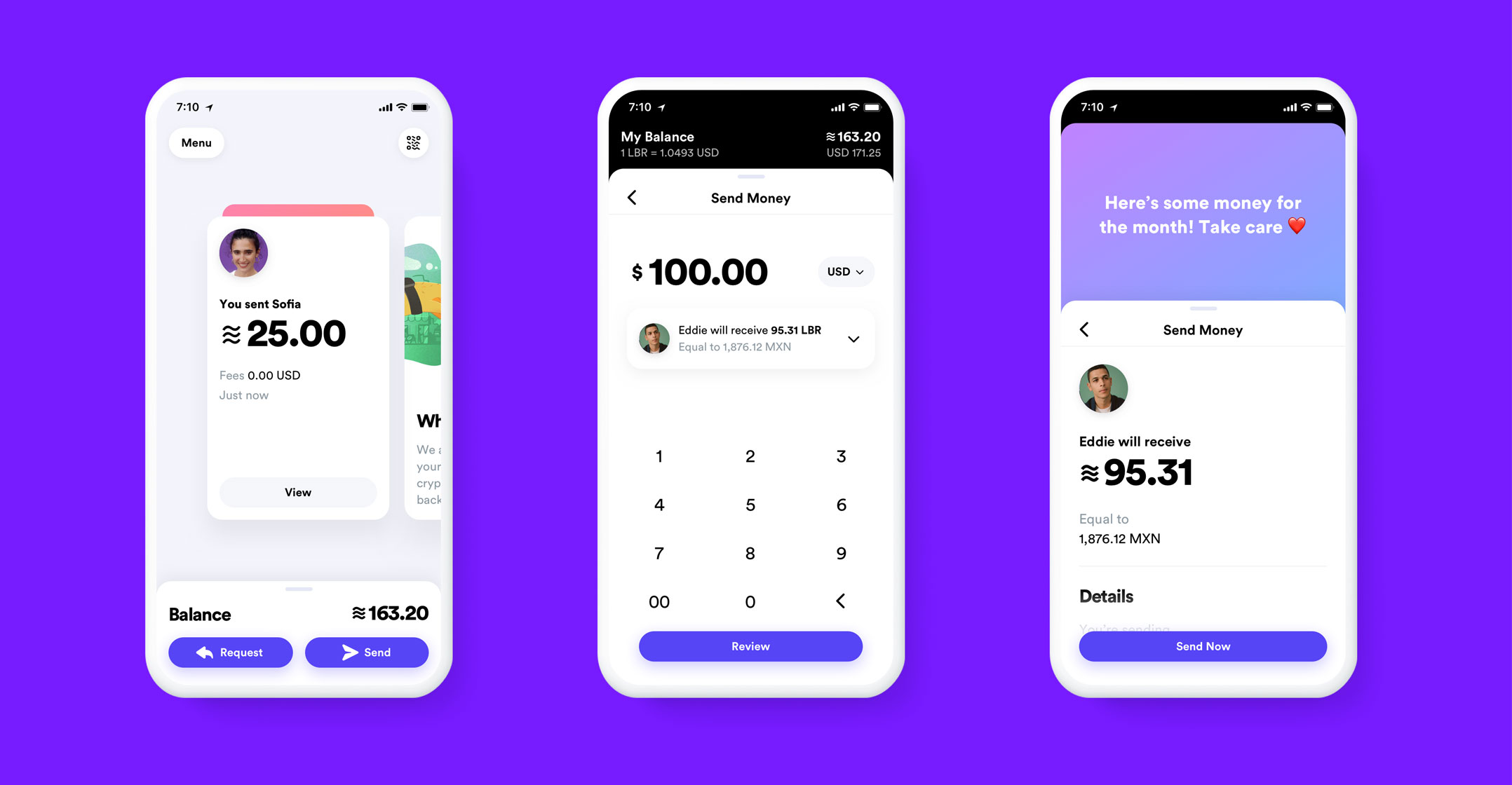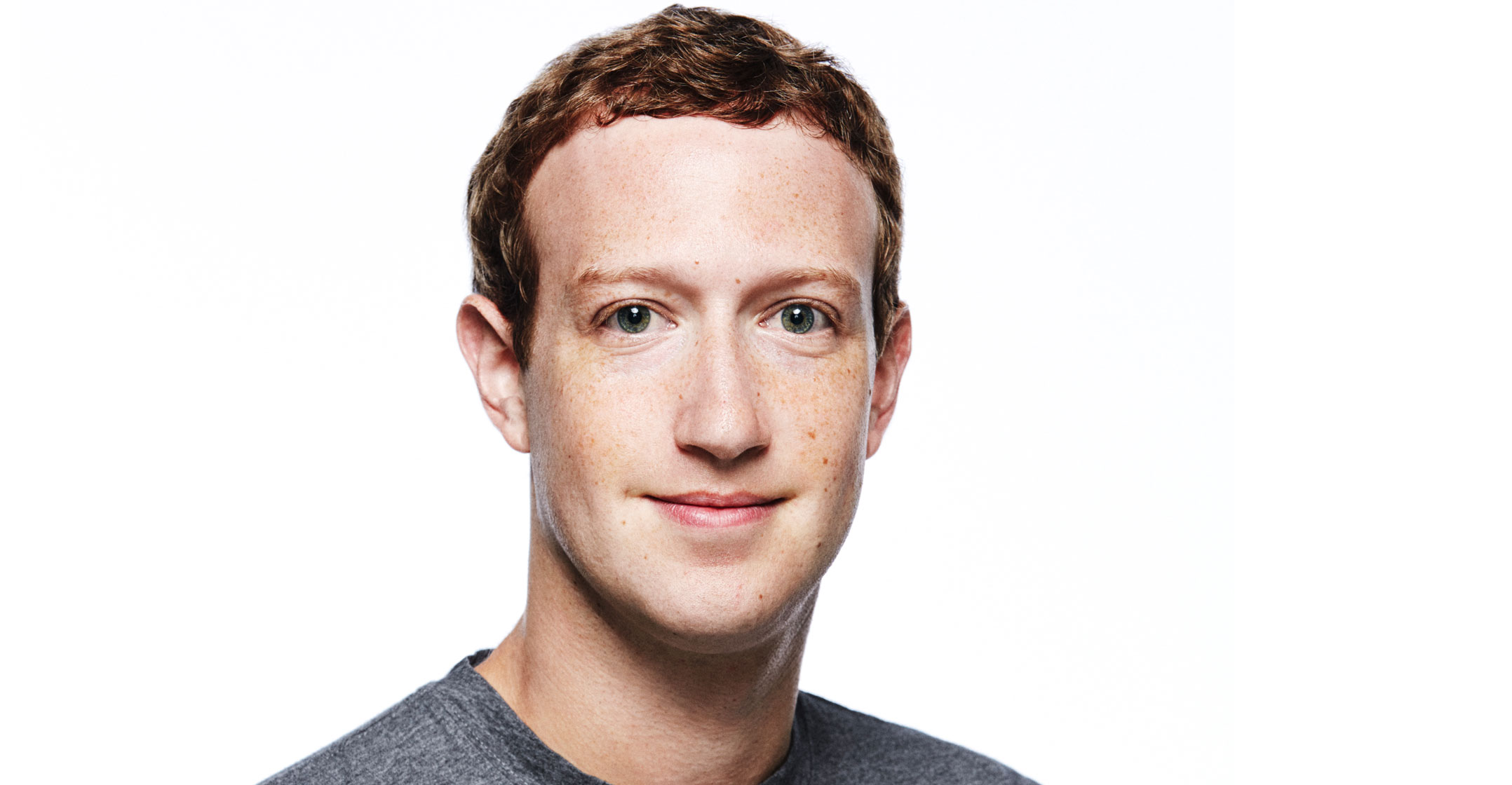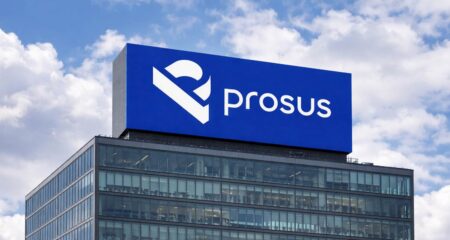 Facebook’s remaining partners in its digital currency project signed paperwork on Monday to officially join the Libra Association, a new governing body that will oversee the social media giant’s proposed global cryptocurrency, libra.
Facebook’s remaining partners in its digital currency project signed paperwork on Monday to officially join the Libra Association, a new governing body that will oversee the social media giant’s proposed global cryptocurrency, libra.
The association’s 21 founding members — a group that shrank when numerous notable partners bailed on the project late last week — signed a formal charter in Geneva on Monday, outlining their commitment to the effort, though the new charter says that members can leave at any time.
The group also appointed a board and announced the first few members of its executive leadership team. The association partners, including Uber Technologies, Spotify Technology and Coinbase, will work with Facebook to get the new currency off the ground and through regulatory scrutiny.
“Today marks an important step in our journey,” Calibra, the division inside Facebook working on the crypto project, said in a statement. “It is time for change and we are committed to seeing this through.”
The charter gives each founding member a single vote in important governance matters. The Libra Association said its inaugural five-person board will include David Marcus, the Facebook executive who has been leading this effort, and representatives from Kiva Microfunds, Naspers’s PayU, Xapo Holdings and venture capital firm Andreessen Horowitz.
Intense pushback
The official formation of the Libra Association marks an important milestone in the project’s short lifespan. When Facebook unveiled the plan in June, it listed 27 partners on the project, including a number of well-known payments companies. It was a show of strength, but also a message from Facebook that the social network wouldn’t be solely responsible. Rather, there would be other companies helping to manage the new currency, an important detail considering Facebook has been under fire for privacy lapses and is currently facing escalating antitrust scrutiny.
But intense pushback from regulators and lawmakers created concerns for a number of early advocates, and many of the most high-profile partners abandoned the project late last week. The dropouts included Visa, Mastercard, Stripe and eBay. PayPal, another established partner with lots of ties to the libra project, had bailed a week earlier.

Marcus tweeted on Friday that he was hopeful, despite the cascade of departures. “Change of this magnitude is hard,” he wrote. “You know you’re on to something when so much pressure builds up.”
The libra currency is still a long way from coming into existence. Facebook executives, including CEO Mark Zuckerberg, have pledged that they won’t launch the currency until US regulators have been appeased. That could take some time. Members of both the US house and senate have publicly criticised the effort, raising fears that a new cryptocurrency could be used for illegal money laundering or trafficking efforts. Multiple US senators sent a letter to the organisation’s payments companies last week urging them to step back from the project.
Zuckerberg will answer questions before the house committee on financial services next week, and libra is expected to be a central topic of discussion.
There is one potential bright spot for libra now that the association has been formed: all of the early partners who bailed on the project may soon be replaced. The association said there are 1 500 other organisations interested in joining, though only 180 of them meet the needed criteria thus far. — Reported by Kurt Wagner, with assistance from Julie Verhage, (c) 2019 Bloomberg LP




